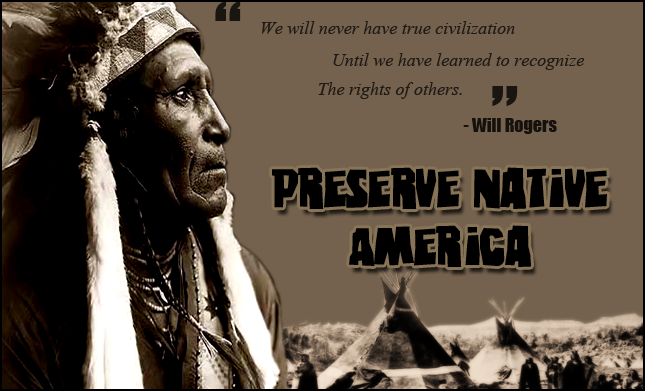
Peyote is a slow growing, spineless cactus containing the chemical mescaline, a psychoactive chemical. The psychoactive, mystical, properties of the Peyote cacti has been used for centuries by the Native Americans for ceremony. The Native American Church is the only place where one can legally participate in a peyote experience in the United States. The usage of the sacred medicine of the South Western tribes has become widespread, with many members of the Native American Church (now numbering above 250,000 members) all across the country have begun to participate in the peyote ritual, cleansing, dances, etc.
The reason I'm writing about Schedule II psychoactive drugs is for the reason that the ceremony involved is very intricate, the beliefs behind the trip, or quest vary between each church, between paganism, Christianity, and a number of other beliefs. I believe that the law needs to be a tad more solid with this. The law states that peyote is legal to use in any bona fide religious ceremony, but anyone outside to blood of a Native American can be thrown in prison for participating.
I believe that the usage of peyote along the lines of traditional ceremonies and genuine spiritual reasons should be allowed for everyone. I think the Native American Church should set out a specific guide line, people trained in safety and traditions to oversee all ceremonies and to oversee the cleansing rituals and to brief people on what all of this is about. It would be an education on the culture and customs of the Native American people and it would help keep these things alive in the culture of non-Native Americans. I think that Native American ceremonies, religious, cleansing, etc. need to be shared so that everyone may have the ability to participate and learn and become just as much a part of a culture as the original denizens.
Erowid Peyote Vault
History of Peyote
Native American Church Wiki
Native American Church
Native American Church Official



